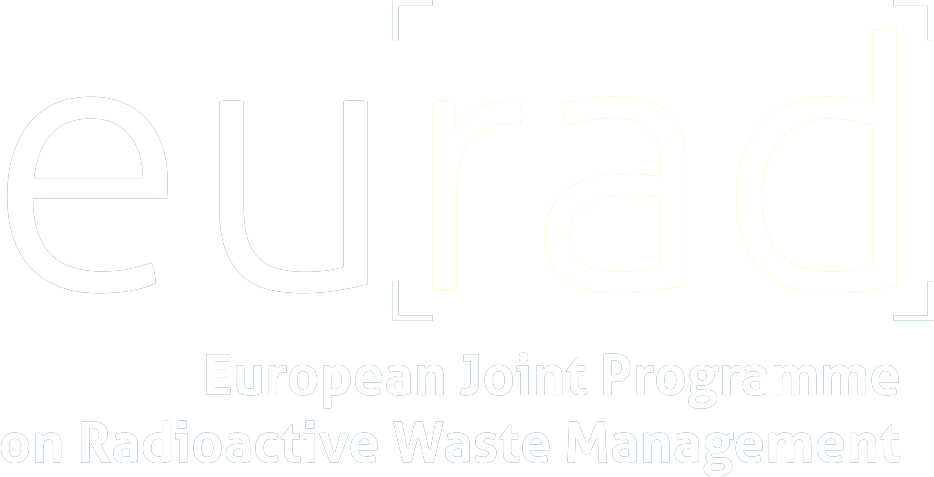Corrosion of steel materials, i.e., the interaction between these materials and their environments, is a major issue for nuclear power plants and deep geological disposal safety as well as for operation and economic competitiveness. Understanding these corrosion mechanisms, the systems, and materials they affect, and the methods to accurately measure their incidence is of critical importance to the nuclear industry.
Combining assessment techniques and analytical models into this understanding allows operators to predict the service life of corrosion-affected nuclear plants and in the future predict long-term safety in deep geological disposal. It is important to apply the most appropriate maintenance and mitigation options to ensure safe and economic long-term operation and waste storage.
The functional lifetime of disposal canisters for spent nuclear fuel will be most important for the long-term safety of deep geological repositories. Its research and development must assure all the aspects including the prediction of its corrosion behavior under repository conditions.
The summer school covered all necessary topics, starting with fundamental electrochemistry and fundamentals of corrosion, to provide a self-consistent understanding of nuclear corrosion by lecturer F. Scenini. Next internationally renowned experts (e.g., D. Engelberg, R. Kilian, H.P. Seifert, P. Efsing, J. Noël, S. Ritter, L. Martinelli, J. Macák) continued giving lectures on the following topics: Electrochemistry and corrosion (incl. hands-on experiments), Overview on corrosion in the nuclear cycle, Corrosion in light water reactor plants (incl. monitoring & mitigation aspects and a focus on environmentally assisted cracking), Corrosion in nuclear waste disposals, Corrosion in Gen IV systems, Case studies and aging management, Advanced technologies to characterize corrosion.
On Wednesday (5.7.) and on Friday (7.7.) there were practical exercises in small groups. We made our own reference electrode and performed simple electrochemical measurements with steel samples. We also learned how to use the software EcmWin


